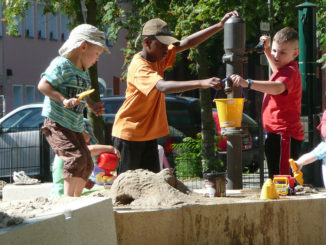
Parks and open space provide a public amenity for all and the access to open space is key to the physical and mental health of citizens, especially true during a health crisis when people are feeling anxiety and stress.
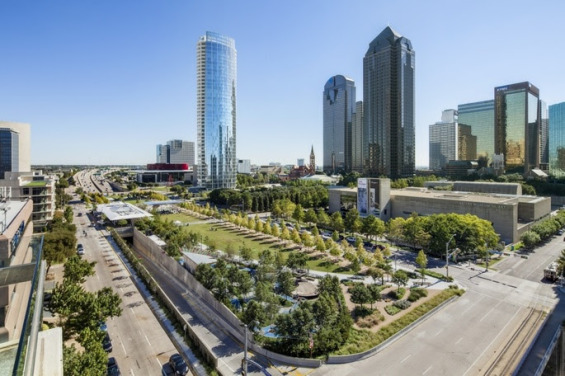
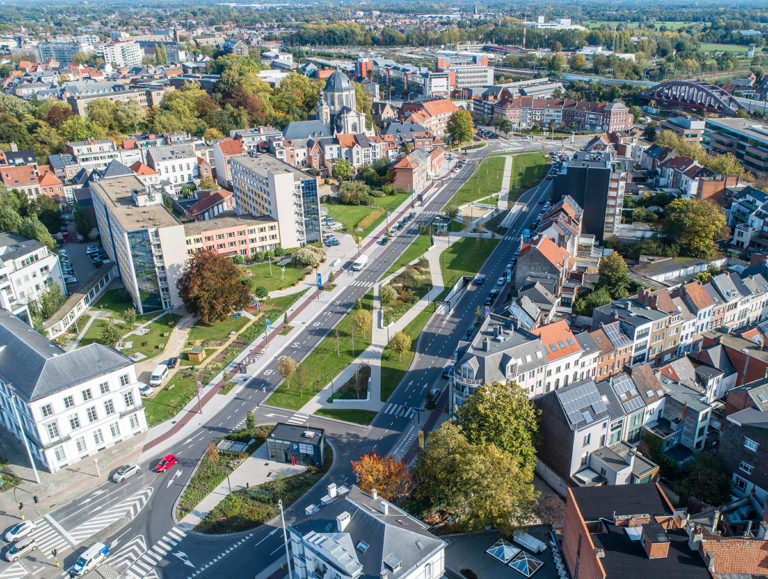
There is a great deal of research that has been undertaken that shows that green areas and access to parks have psychological and physical benefits on residents. [1]. It has also been found that “After adjusting for socioeconomic variables, perceived “neighborhood greenness” has been found to be strongly associated with mental health, an effect only partially explained by physical activity and increased social interaction. Even simply seeing green space on a regular basis may benefit mental health.” [1]
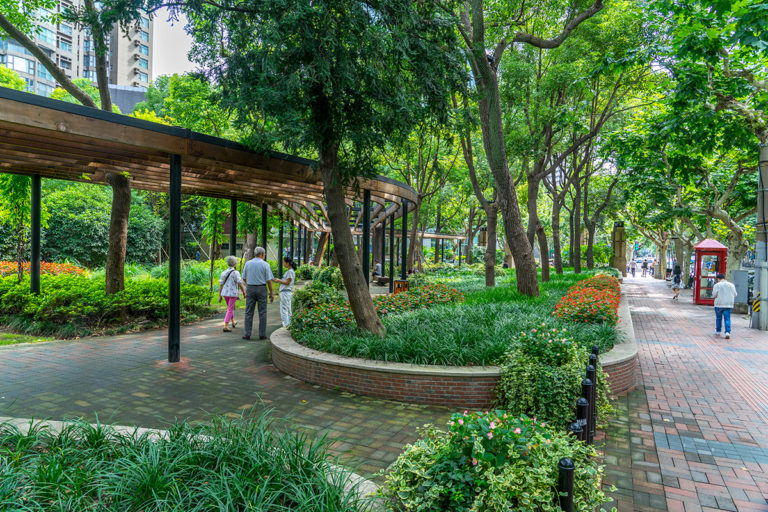
Robert I. McDonald states that “Mental health benefits are more often considered as cobenefits to projects that are primarily about providing aesthetic or recreational benefits.” [2] Although this may be true we can also see from other studies that there are direct and indirect mental benefits to park visitors [3]. Open space has also been shown to speed patient recovery [4] which will be critical in the mental health of people recovering from COVID-19.
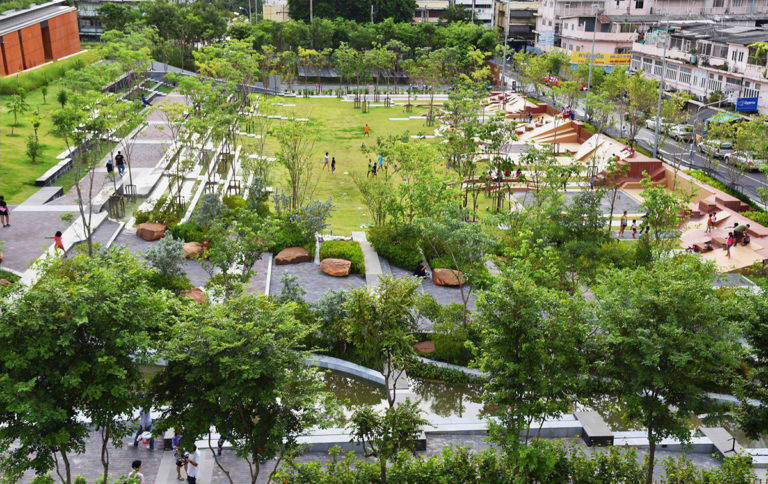
In recent days we have seen an outcry from the public as large parks and beaches have been closed in various cities across the world (Los Angeles, London, Sydney) due to large groups gathering. These closures (and the inability of people to physically distance) have highlighted the need for residents to have access to open space within walking distance in their neighbour rather than having to travel to large regional parks. We now realise that whilst density has increased cities we have greatly relied on large parks to provide open space, however, there is an increasing need for parks of varying scale to enable people to have access to green space within their neighbourhood.
There are many cities currently going through various forms of isolation and it is important that people have access to open space during this period (COVID-19) so that they have the ability to exercise and seek respite. There are those who are in full lockdown with no access to open space, for which open space will be key in reconnecting with their city, nature and friends & family once this period has passed.
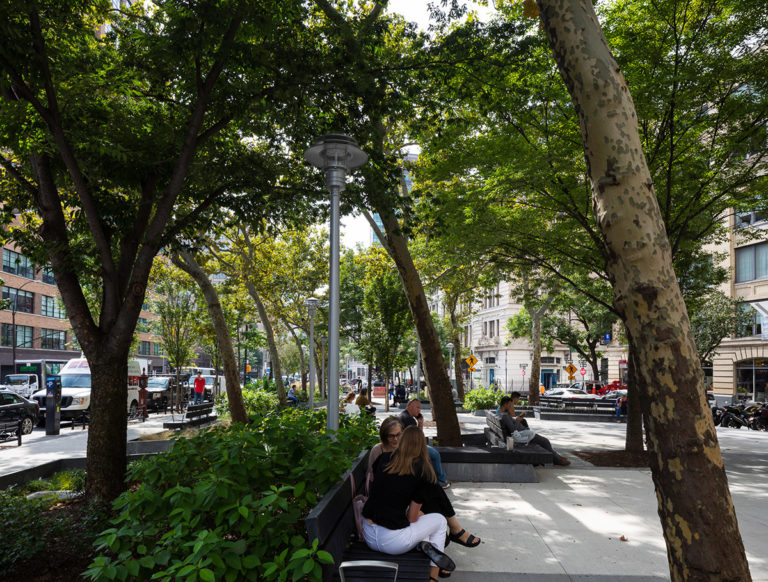
We as landscape architects and citizens need to remind cities of the physical and mental health benefits of cities along with the need to plan to have a variety of open spaces that provide active and passive recreation within walking distance of their homes.
Article by Damian Holmes is the Founder and Editor of WLA.
[1] Springer Science+Business Media Singapore 2017 N. Okkels et al. (eds.), Mental Health and Illness in the City, Mental Health and Illness
Worldwide, https://doi.org/10.1007/978-981-10-2327-9_12
[2] Robert I. McDonald, Conservation for Cities: How to Plan and Build Natural Infrastructure, DOI 10.5822/ 978-1-61091-523-6_11, © 2015 Robert I. McDonald.
[3] Francis J, Wood LJ, Knuiman M et al (2012) Quality or quantity? Exploring the relationship between public open space attributes and mental health in Perth, Western Australia. Soc Sci Med 74:1570–1577 DOI: 10.1016/j.socscimed.2012.01.032
[4] Ulrich, R. “View through a Window May Influence Recovery from
Surgery.” Science 224: 420–21. DOI: 10.1126/science.6143402

